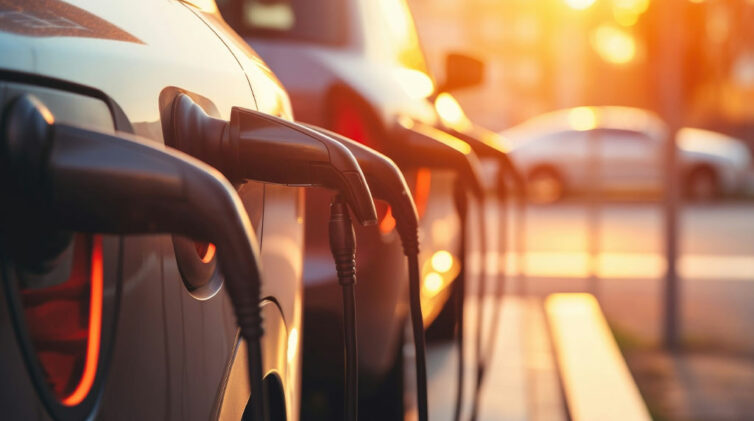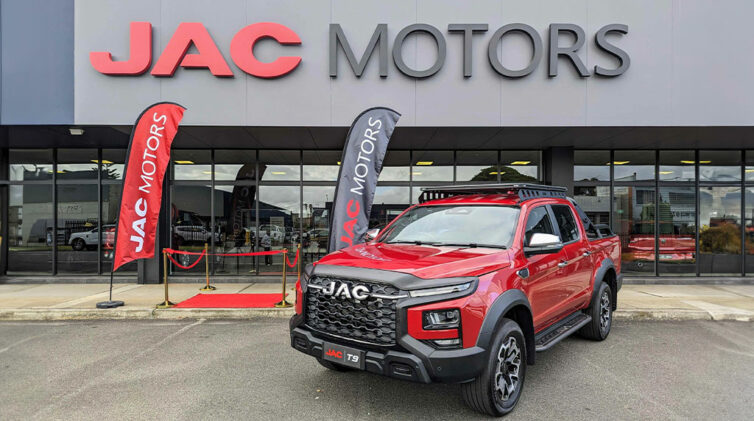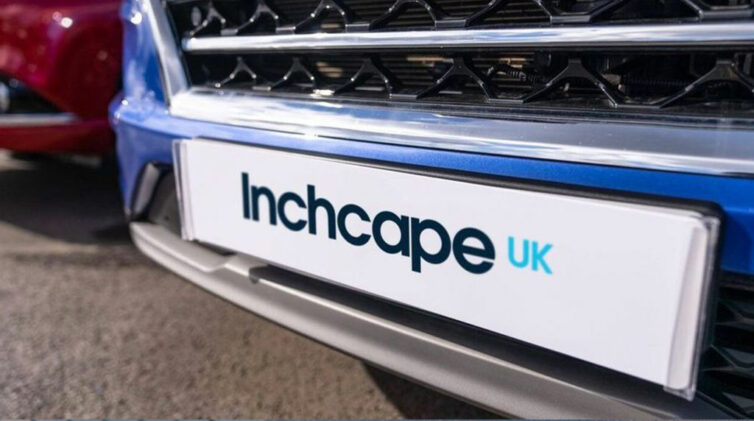A LIST of new European vehicles is heading for the history books as new cyber security rules this year make them unable to meet incoming regulations.
The rules, announced in 2022 after the United Nations adopted a new cybersecurity and security management system standard, apply to 50 countries including Australia.
Models set to be axed in most markets include the Porsche Macan, Cayman and Boxster (ICE versions only), Volkswagen Up, Smart, and some models from Renault, Mercedes-Benz and Audi, including the TT and R8.
The regulation, which applies from July 7 although all affected vehicles are no longer being marketed, concerns the ability of a connected device to be vulnerable to hacking. In relation to the automobile industry, cars have become increasingly interconnected which has created numerous opportunities for exploitation.
“Increasingly, vehicle-to-vehicle communication meant to reduce crashes, is vulnerable to hacking because it may lack processes for securing such messages,” Wards Auto reported.
“It is currently possible for malicious actors to send messages to vehicles that could alter their course or cause the auto-braking system to activate.
“Experts say there are now more software engineers than mechanical engineers in the automotive industry.
“As vehicles become increasingly sophisticated, manufacturers must ensure that security keeps pace with innovation, including securing the interface, or communication, that vehicles have with outside sources including phone apps, other cars, charging stations and onboard services.
Wards Auto reported that car-makers have spent an estimated $A500 billion on autonomy, connectivity, electrification, smart/shared mobility and other vehicle technologies.
That technology has led to cars becoming increasingly interconnected, creating numerous opportunities for exploitation.
Experts said that hackers could hold vehicles to ransom in the future, locking up systems until the owner caves to their demands.
Some of the ways vehicles are connected include in-car emergency services, GPS services and phone apps.
Wards Auto said emergency services, such as OnStar which allows the driver to communicate with people when the car is disabled, create an entry point for hackers.
There are also in-dash systems that allow drivers to search for fuel stations, use GPS and interact with their phones. Each of these systems represents a potential door for hacking.
“As autonomous driving evolves, vehicles transmit more information about road conditions, how the engine is running, and traffic congestion to data collectors. Each of these interactions offers potential vulnerabilities to hackers,” it reported.
“Hacking is possible through phone apps that allow owners to activate climate control and door locks. Unfortunately, hijacking becomes possible through those apps when parked and while driving.”
The new standards were announced in 2022, but car builders were given two years to prepare for them.
Volkswagen, the largest car-maker in Europe, has already ceased production of models including the Up hatch and T6.1 Transporter van.
Volkswagen AG’s CEO of passenger cars, Thomas Schäfer, told Australian cybersecurity publication Cyber Daily that the decision to discontinue the models was made due to the overwhelming cost of keeping them alive under the new standards.
“Otherwise, we would have to integrate a completely new electronics architecture,” he said.
“That would simply be too expensive.”
Manufacturers, including Porsche said that some models would only be built for overseas markets.
Center of Automotive Management representative Stefan Bratzel said in the Cyber Daily report that the cost to keep these cars would be as much as several million euros per model.
“After July 7, car manufacturers will have to prove that they had a certified management system in place during a model’s development, which is very difficult to do with older cars that were developed before the announcement, particularly as many of these cars are due for updates and their service life is shorter,” it said.
Fifty-three countries, including the 27 EU members, Japan, South Korea and Australia, apply the law. The US doesn’t, though the law does apply to American-brand vehicles sold in those countries.
By Neil Dowling














 Read More: Related articles
Read More: Related articles

